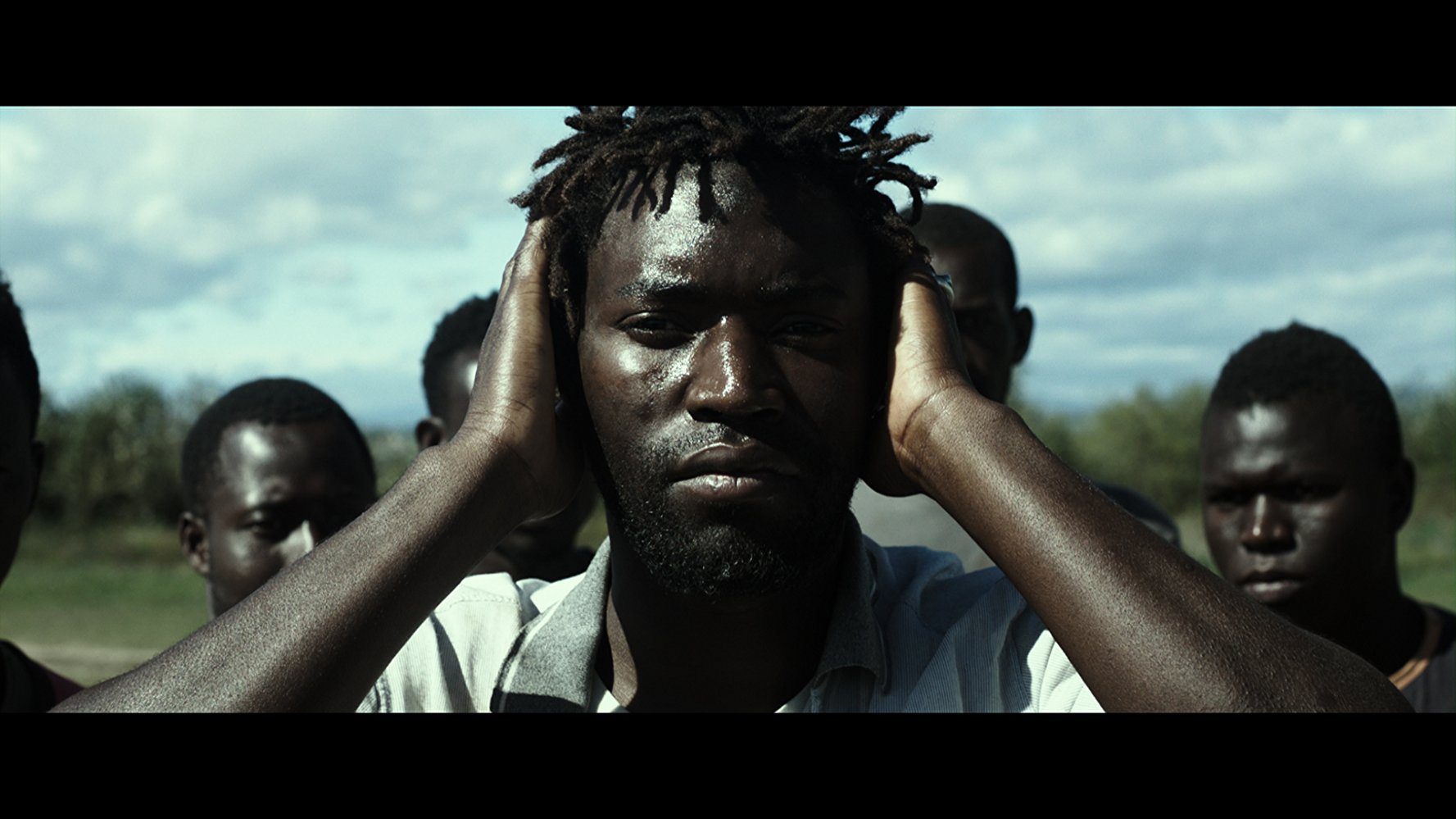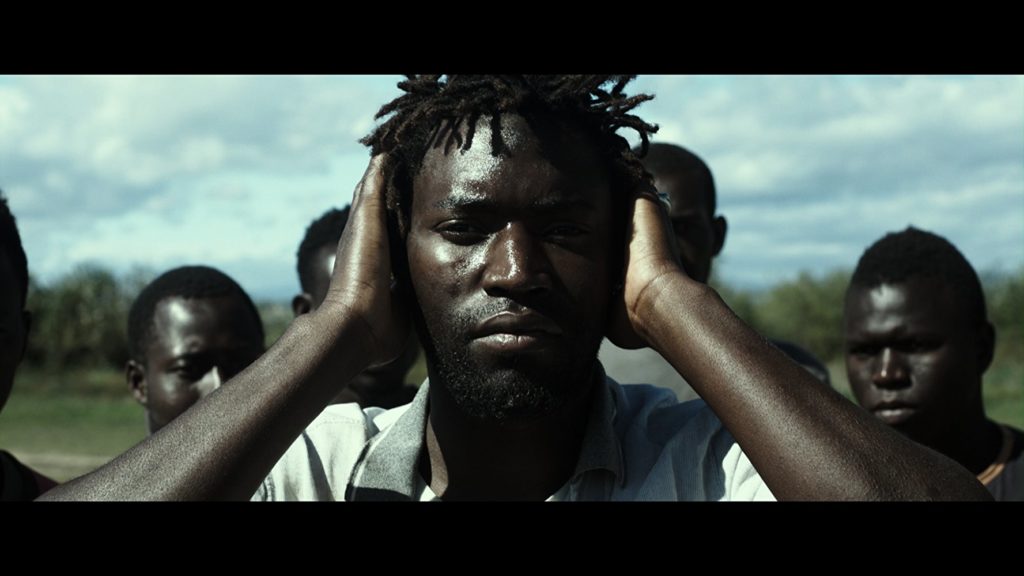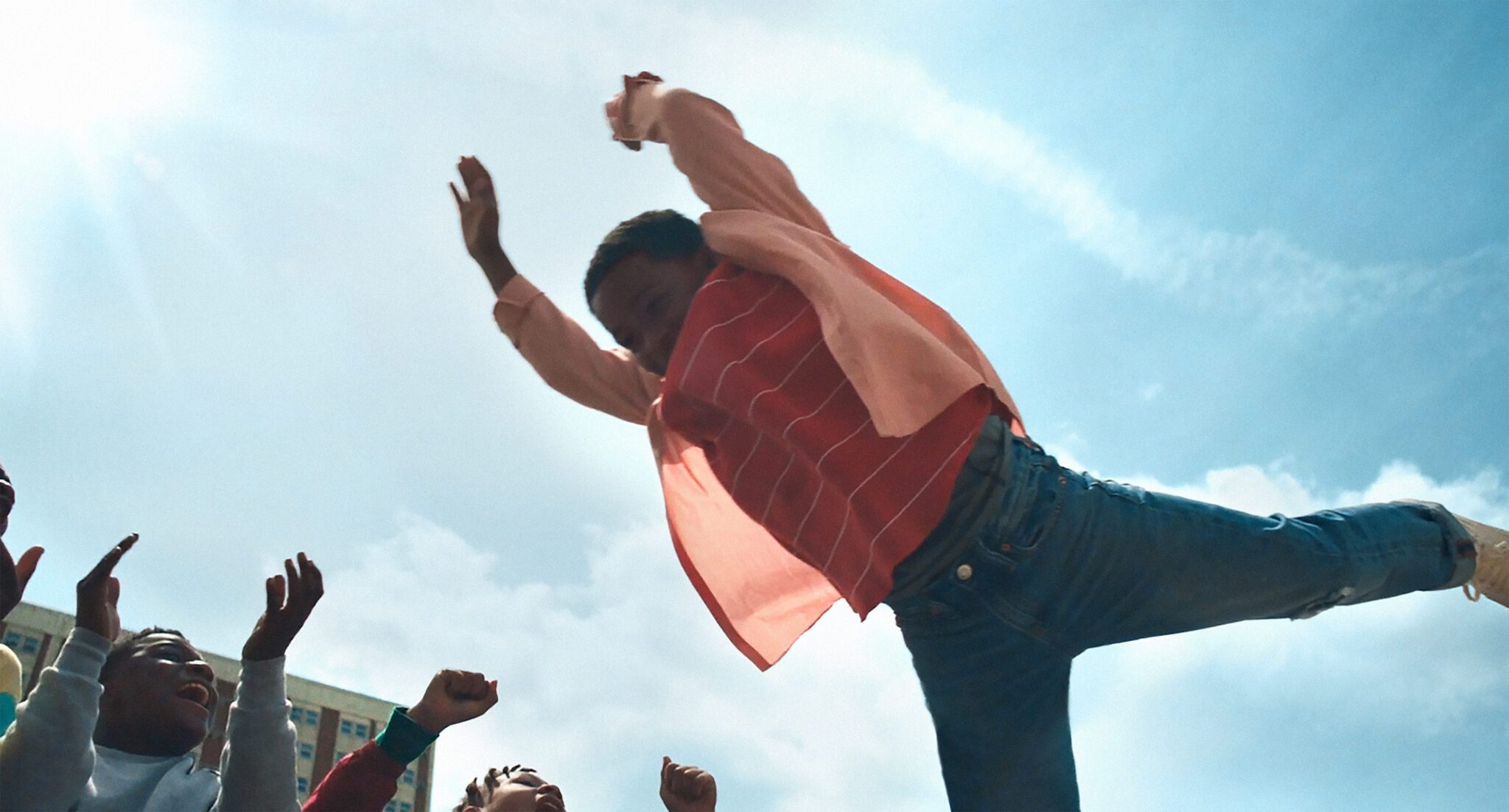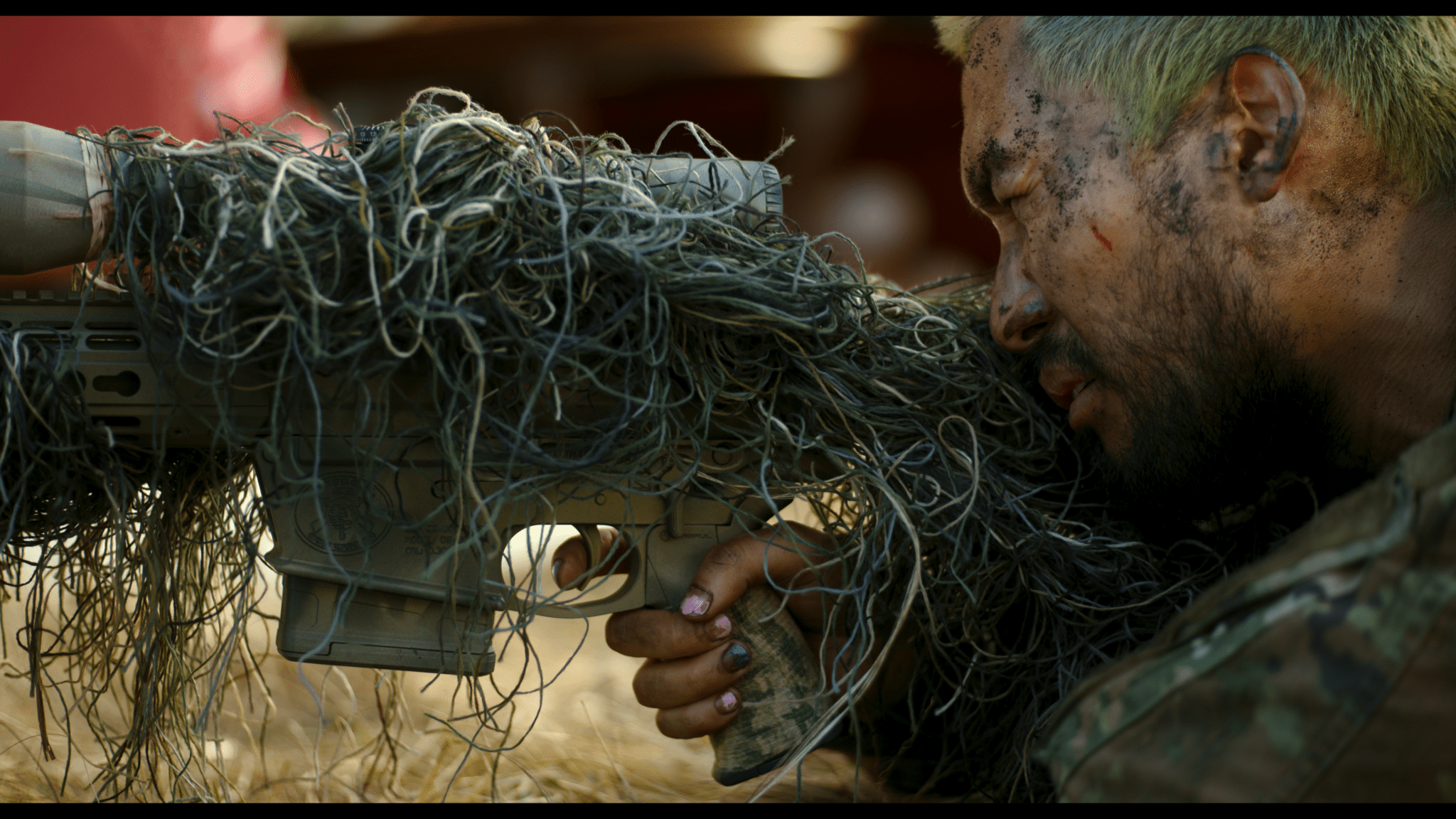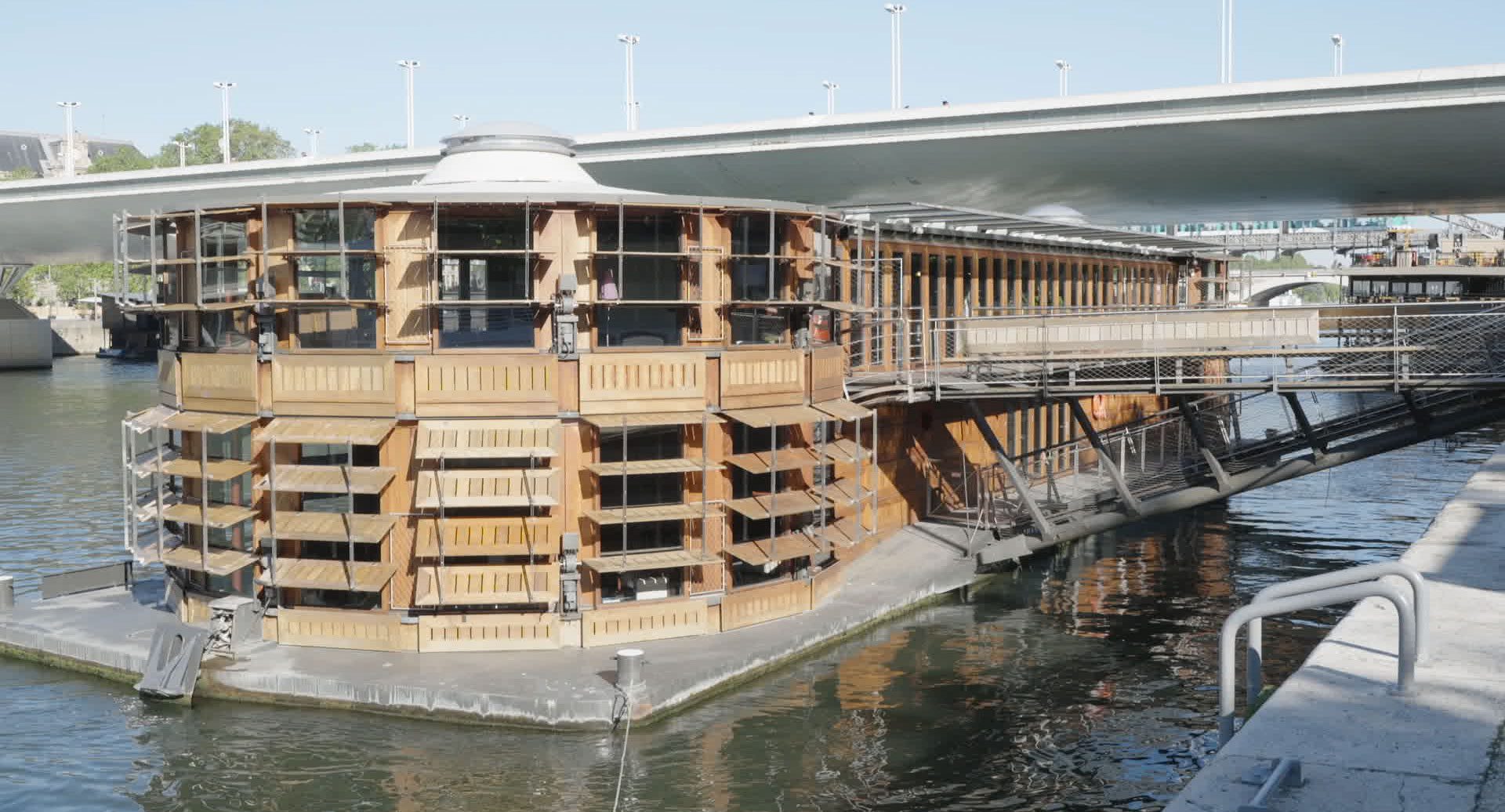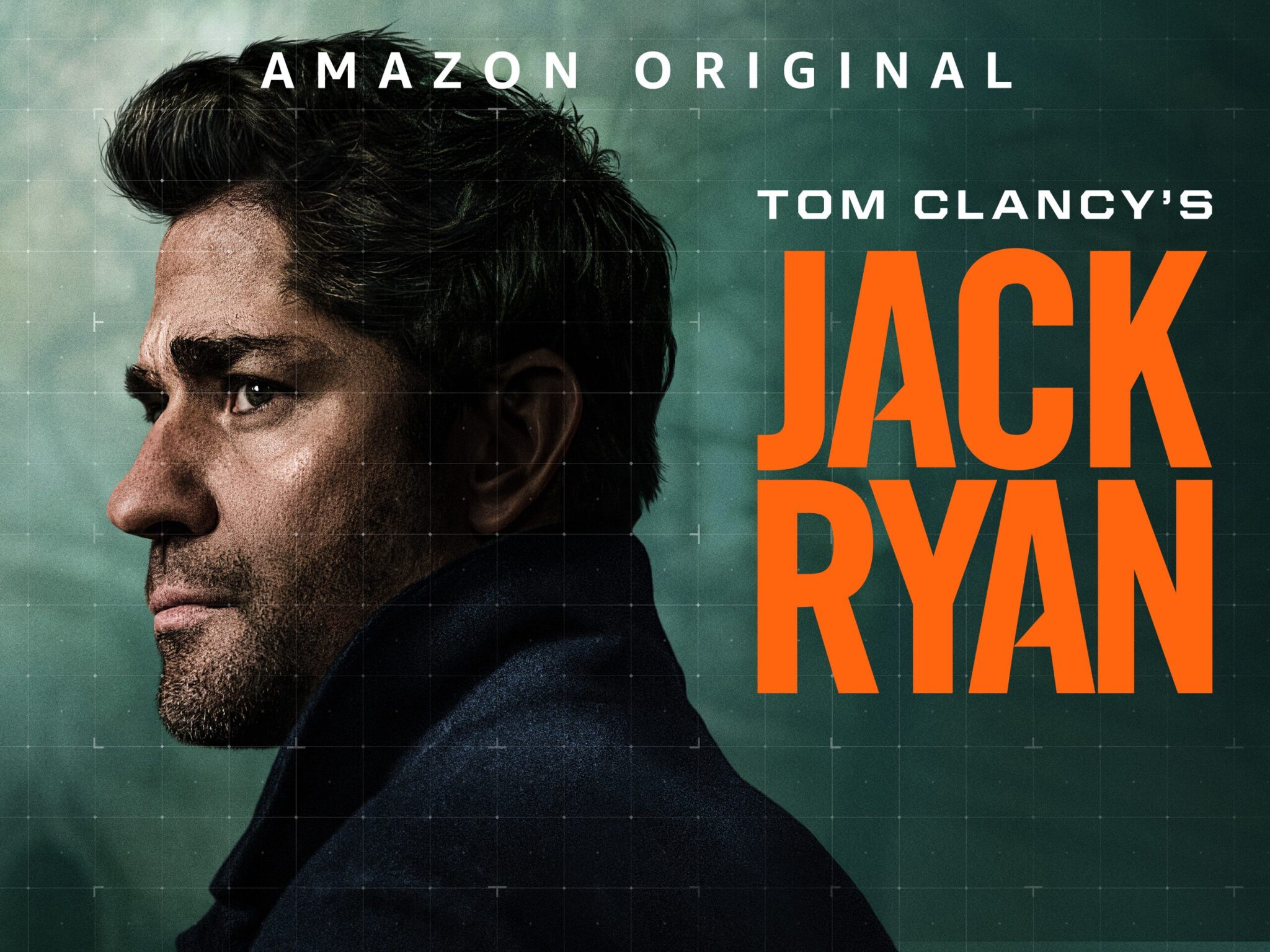Penalty?is a film about futbol (or soccer), played on a sandy beach with incredibly high stakes. In?Aldo Iuliano’s carefully crafted story and direction, the film provides a powerful, emotional punch that will take audiences’ breath away. Here is the story of?Penalty in Iuliano’s own words.
What is your background in filmmaking?
I started out as a cartoonist. I learnt the language of images on paper and I then moved on to the moving image. I have always enjoyed taking on reality from multiple points of view, switching between cinematic genres depending on the story that?s being told, investigating the human soul. I am intrigued by the challenge of making the spectator feel, through an evolution of visual language, the same emotions that the protagonists of my stories feel. Universal emotions: anger, passion, sadness, happiness, love, hatred, compassion.
Football becomes more than a metaphor in the film. What is your sports background, specifically your interaction on the pitch?
I am very familiar with football: I have been playing ever since I was a child. In Southern Italy, where I was born, everyone plays football. It?s a social phenomenon: the fiercest fights occur over a foul, the best friendships are born through the shared effort and loyalty on the pitch. Most importantly, on the pitch there is no such thing as difference, nationality, or skin color. This aspect of the game has always fascinated me. Nowadays, in real life, we are committing many terrible wrongs against fellow human beings. On the pitch, the referee would blow his whistle. Instead in real life no one stops and reflects on what?s going on these days.
Where did you get the idea for the film?
My scriptwriter and brother Severino suggested the concept of eleven people in a field that are playing a football game very different from any other. I immediately got a vision of the film in my mind: from the very first to the last shot, and the looks on the characters? faces. So I set off on a journey of research, beginning with that fictional story all the way to finding those faces of people with a real, lived experiences. And I tried to inject back into that football field, not through words but through the rules of the game, what they felt deep inside.
The setting itself is magnificent in both landscape, lighting, and weather. Where is that? Why was the location important?
The location is a character is in itself. It?s Mother Nature, helplessly witnessing the unfolding scene, and she weeps for her children. We shot in Croton, a transitory land. As the story goes, the original migrant, Pythagoras, chose to set up his school there. That land holds great energy; it?s alive. It?s ancient. It was more of a symbolic decision, because in fact it?s never revealed in the film where it takes place. It doesn?t matter what country we?re in, what space is ?at play?, because we must put ourselves in their shoes and believe that this could be our own ?homeland?.
This has a “more than a game” feel from the very beginning, which we understand as the audience much later. Talk about the portrayal of the sport, and how the cast conveyed that there was more going on in just a short amount of time.
Working with the cast was a wonderful personal and professional experience. I went to a refugee centre in Croton to pick out the cast. I found them, I offered them work, we collaborated there for three months and we became a proper group, like an actual football team. We took on the set and the bad weather. And now we are friends, we are proud of the result we achieved together. Football helped us be a team, as well as being a means to tell a story.
What do you hope the audience walks away thinking about?
I hope that the audience walks away with a sense of awkward catharsis. I searched for this emotion, trying to embody it cinematographically. I?d hope that the audience would reflect about the word ?humanity?, once that awkwardness has passed. And about the word ?survival?. Nothing more. Cinema has this power, to touch us most profoundly. And it?s our responsibility, as filmmakers, to do this in the right way.
Why (generally speaking) do games matter? What do they do in informing us about life?
Games have a universal language. Whatever sport may being played. There are rules, victories, suffering, like in life. To contemplate reality in such a mirror can help draw our attention towards the more important aspects of living alongside others. To understand our mistakes, to return to what is essential. To go back to speaking about people, about feelings, not politics or playing the blame game. Something deeper.
What can we expect next from you?
I have a psychological horror in the pipelines entitled In Utero; the challenge will be not to scare the spectator, but to get them to reflect on how empty life is without love. It?s with the same crew of Penalty, taking the same approach to storytelling. And I am also writing a dramedy about an Italian lawyer and an alien environmentalist. A film that may show everyone how even the very last person you think would be capable of saving the world, can do so. We ought to believe in ourselves more, believe that we are the best, to then better the world around us.

